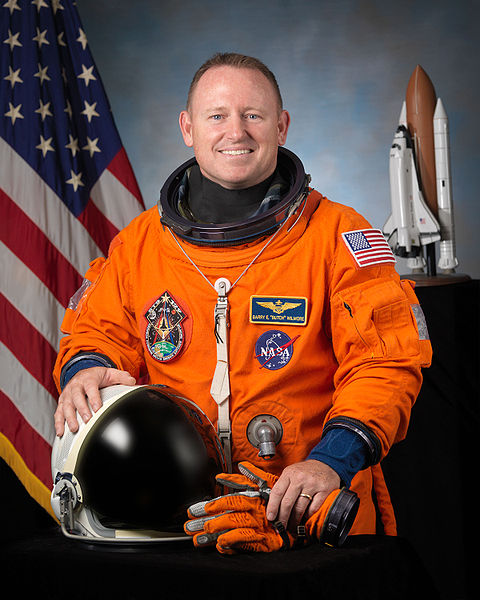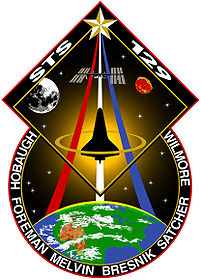A man with his roots in Murfreesboro will get the opportunity only a handful of humans have ever had-to travel into space.
Barry Wilmore will actually pilot the Space Shuttle Atlantis as it takes off from Kennedy Space Center on Monday, Nov. 16.

Pilot Barry Wilmore
NASA’s mission STS-129 will use Atlantis to bring equipment and spare parts to the International Space Station, ensuring the space station’s future sustainability.
“As we come to the end of the era in the space shuttle program we’re kind of in the Home Depot phase, Lowe’s phase, if you will, of constructing the space station,” Wilmore said. “We need to make sure we have enough parts and bolts, batteries, everything else that enables us to continue to operate on the space station, because you can’t jump in your truck and run to Home Depot four times on a Saturday like I do often when I have a project going at home. You have to have it there, so we are stocking the space station with those necessary items to continue to operate it for many, many years to come as we draw down the space shuttle era, because once the space shuttle era’s complete, we will not have the lift capability to get some of these larger replaceable units up there.”
The shuttle will also carry astronaut Nicole Stott back to earth. Stott has been on the space station since the last shuttle mission brought her there in late August.
The Atlantis crew will make the voyage to the station and back in just 11 days, shorter than many shuttle missions since this shuttle isn’t equipped to draw power from the space station.

The patch created for NASA Mission STS-129 including all of the crews' names.
While Wilmore was born in Murfreesboro, his family later moved to Mt. Juliet, where he graduated from Mt. Juliet High School. He attended Tennessee Tech studying electrical engineering and walked on the Golden Eagle football team.
He went on to join the Navy and flew numerous missions over the skies of Iraq and Bosnia. He applied to join NASA twice, and did not make the cut, but after receiving more flight experience in the Navy, and obtaining his master’s degree from Tech as well as a master’s in aviation systems from UT, NASA selected him as a pilot in 2000, after his third application.
Wilmore described how the cooperation of people across the globe on the International Space Station project will go down in history.
“We have taken multiple nations that speak various languages, and we have been able through time and effort and processes to construct a station in space together to where elements fit together. They’re constructed all over the globe. They fit together. They electronically talk to each other. They traverse the information and data back and forth and we’re doing this on a global basis,” Wilmore said. “Nothing like this has ever taken place before and I think regardless of what we do on station, I think some of the lasting things is the processes that we put in place with the various nations working together that I hope will continue and last beyond the space station because I think we’ve made great strides, even politically, with what we’ve been able to do with the station. Even in that aspect, if you think about parts that are built and constructed in Japan and Italy and anywhere in Europe and Russia and all these components come together and they work together. It is, indeed, remarkable.”
To read an interview with Wilmore, click here.













